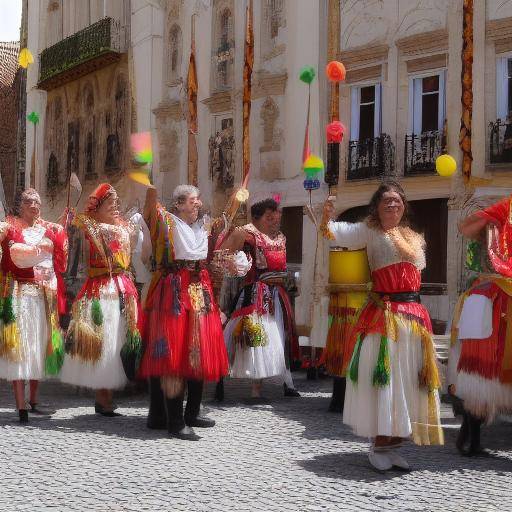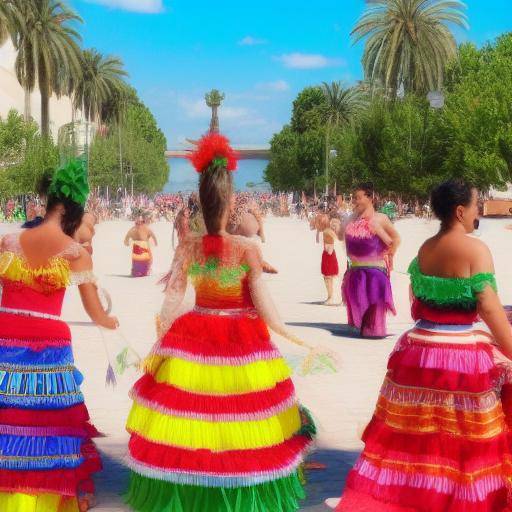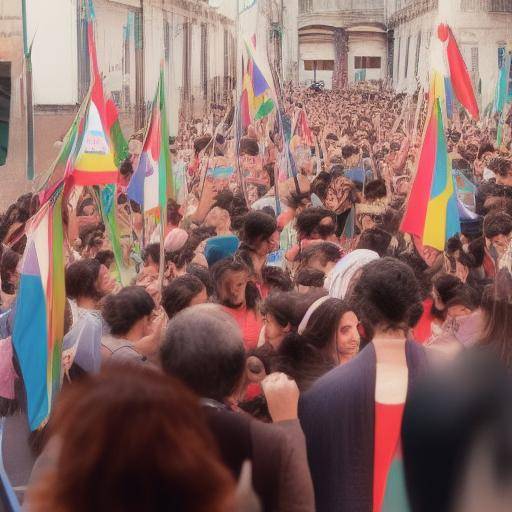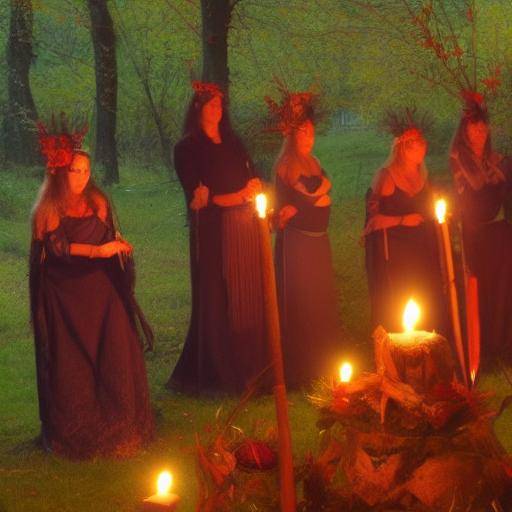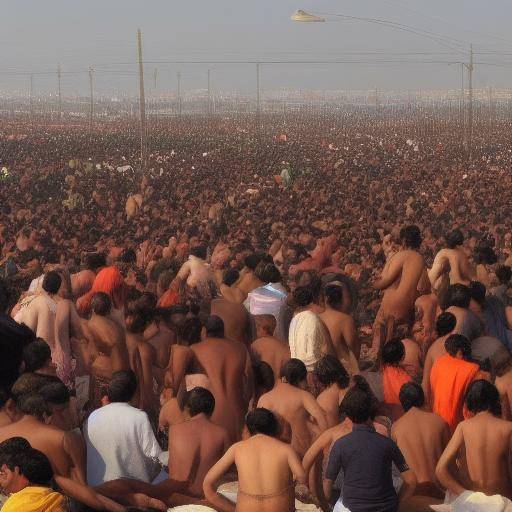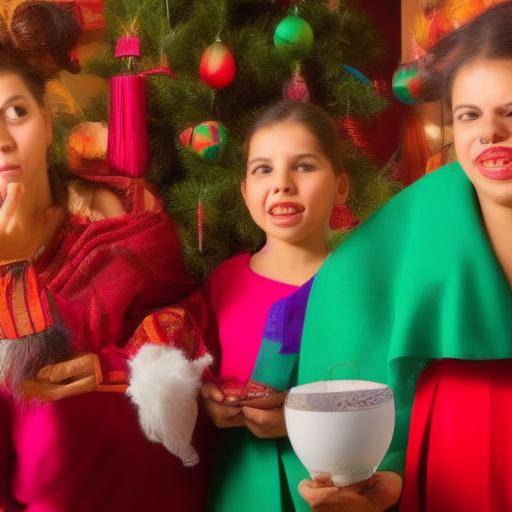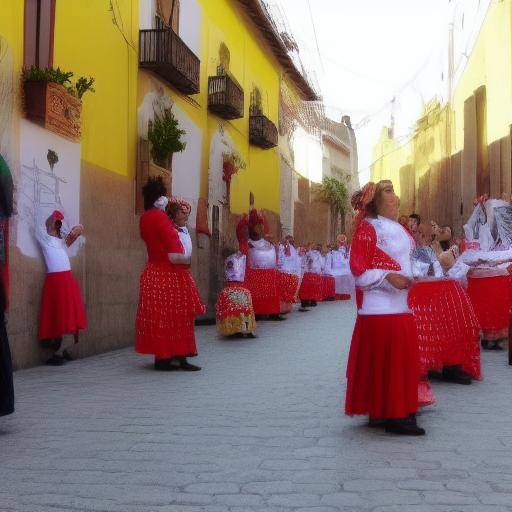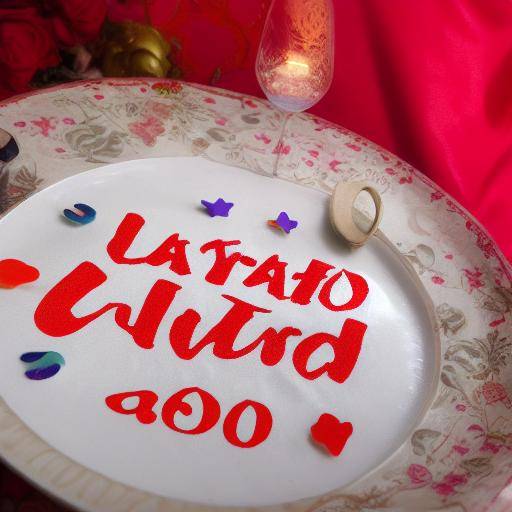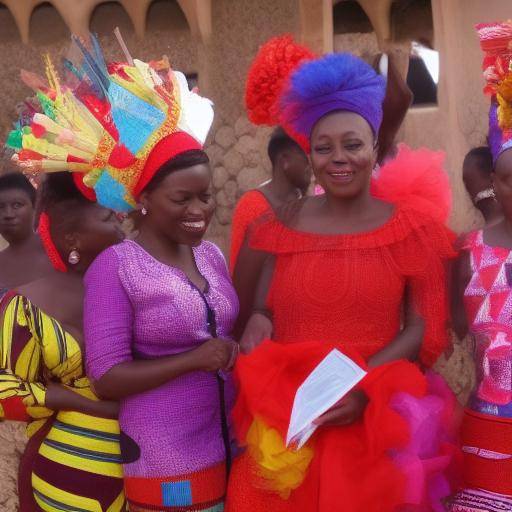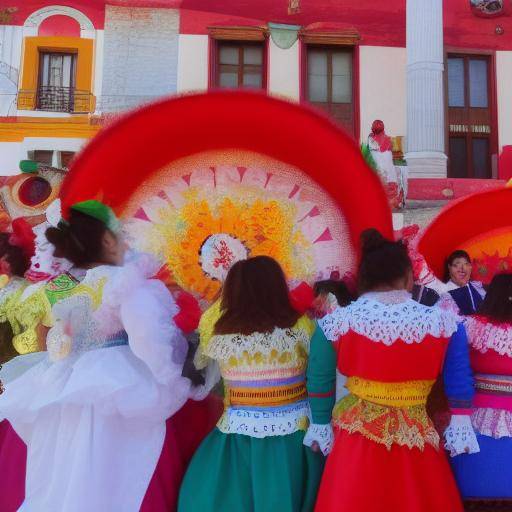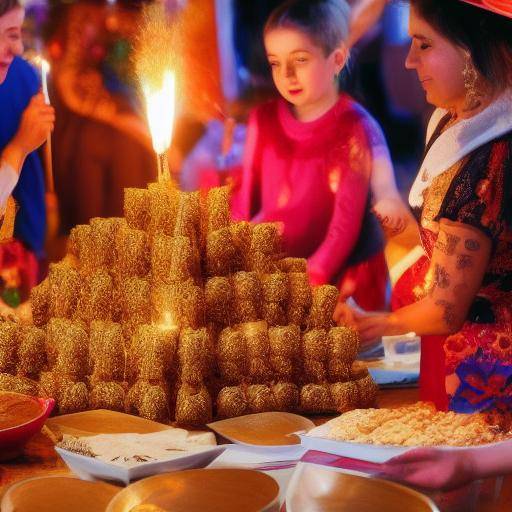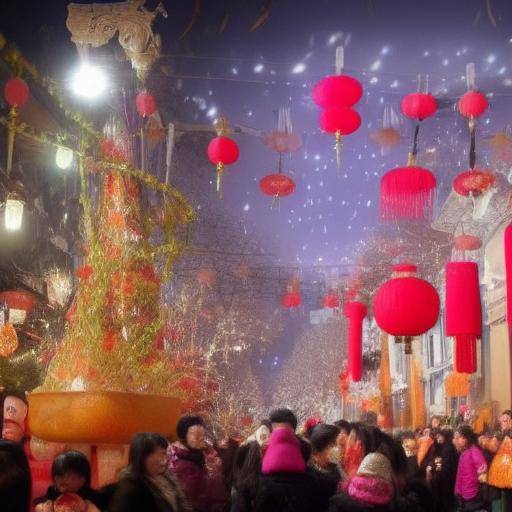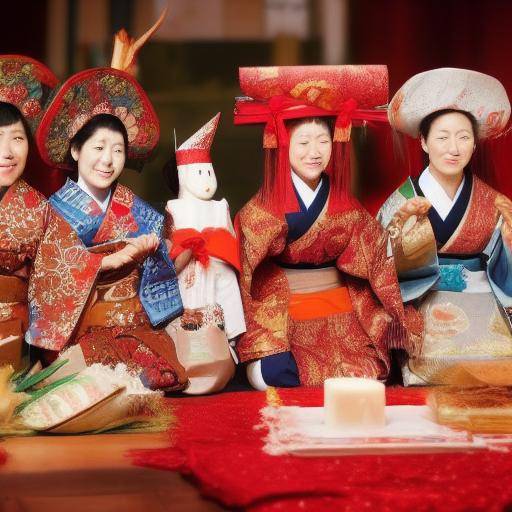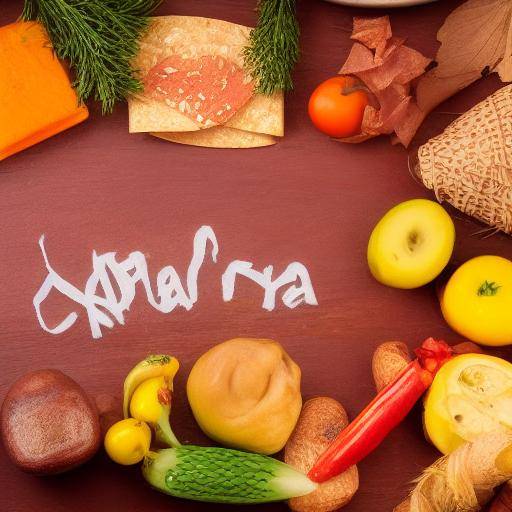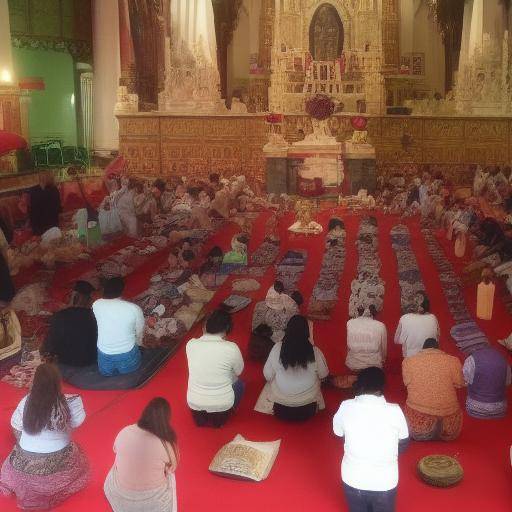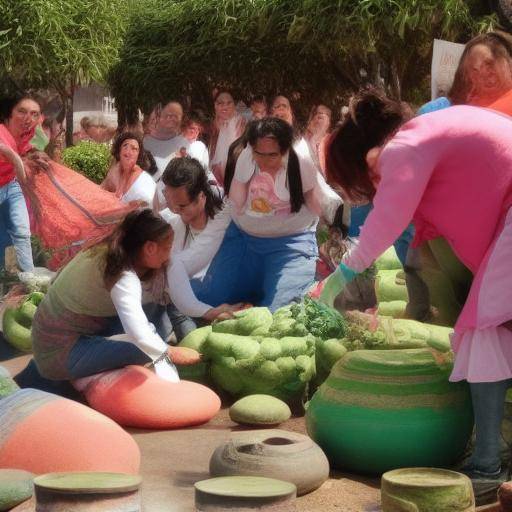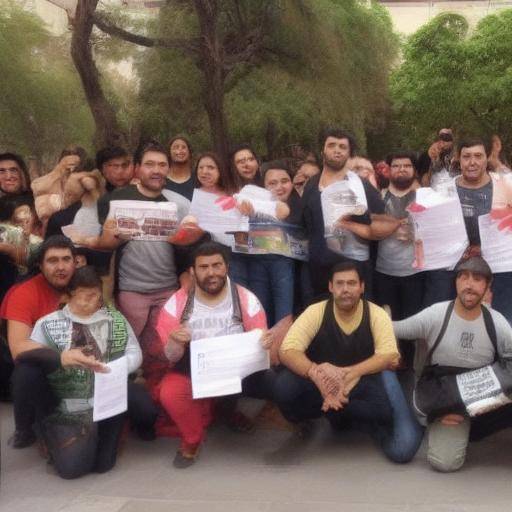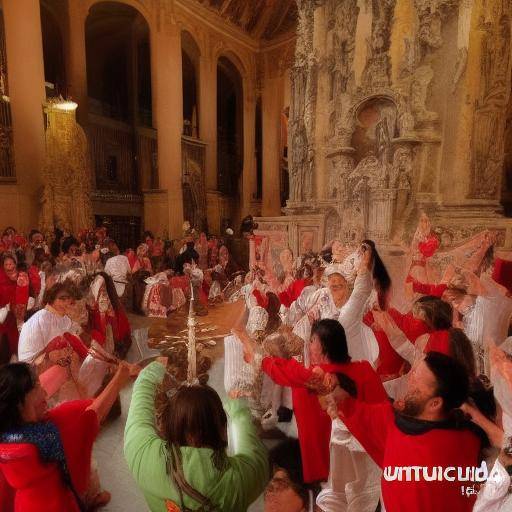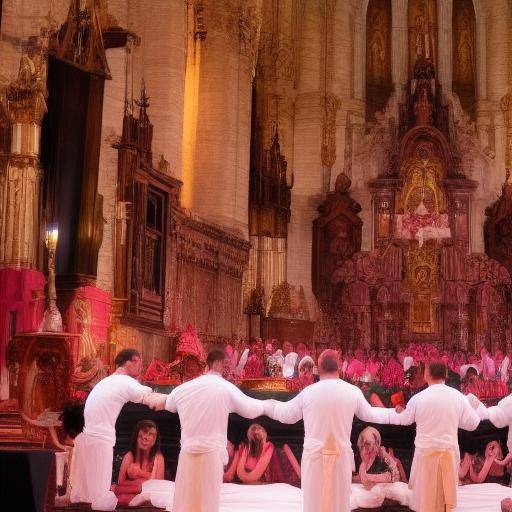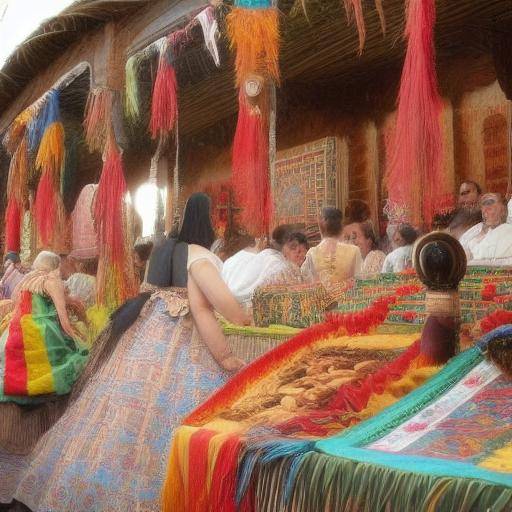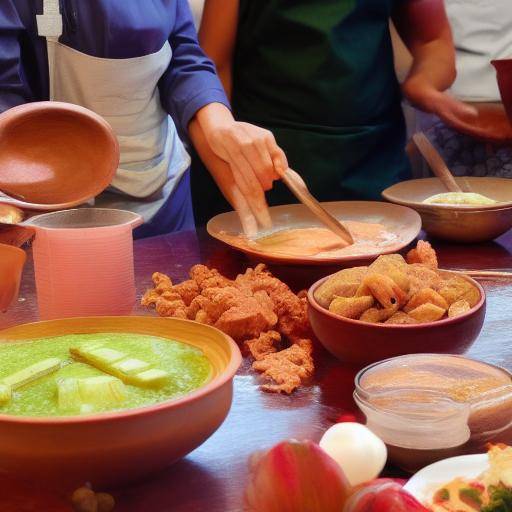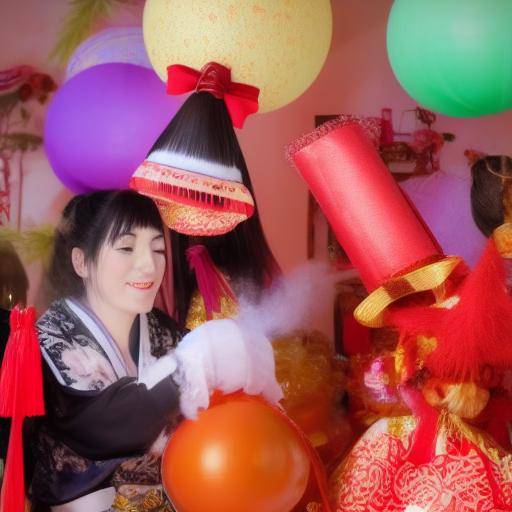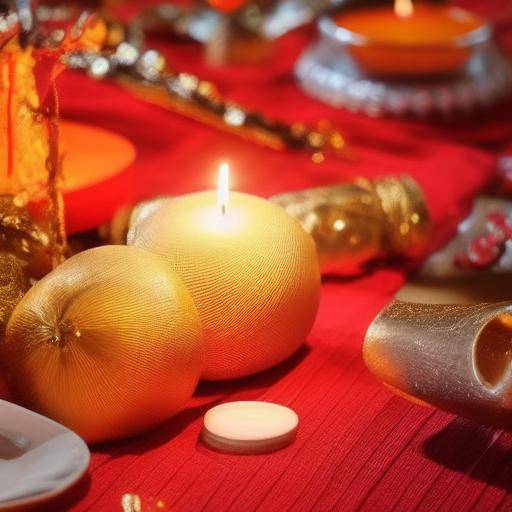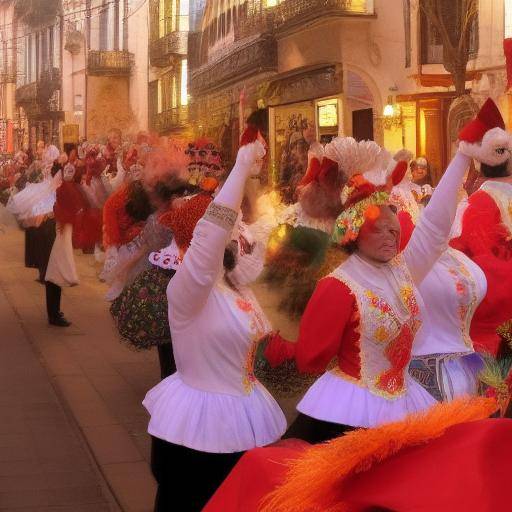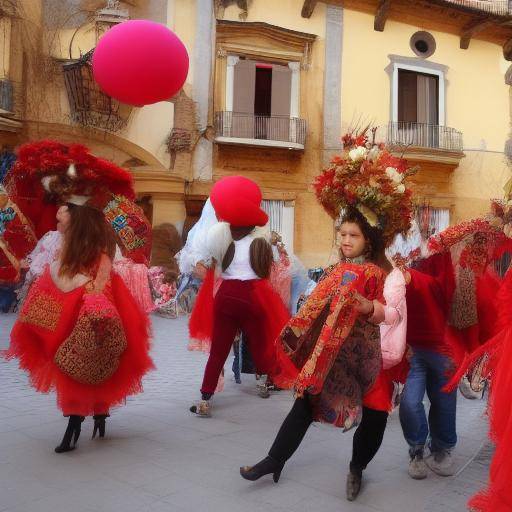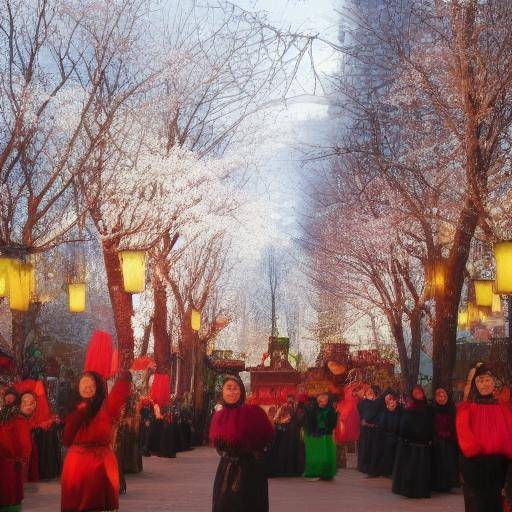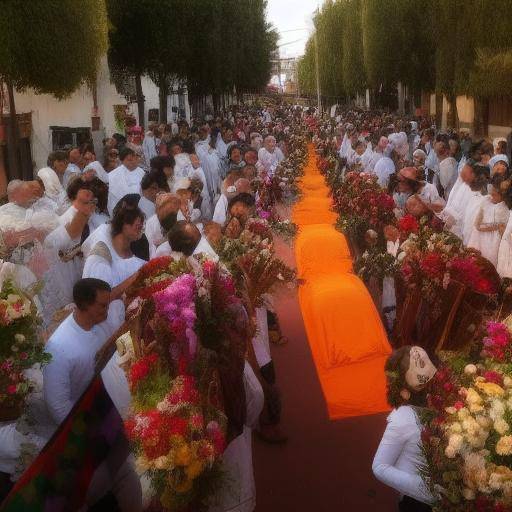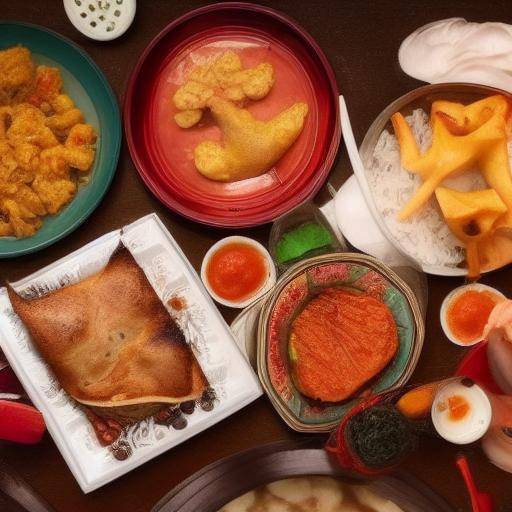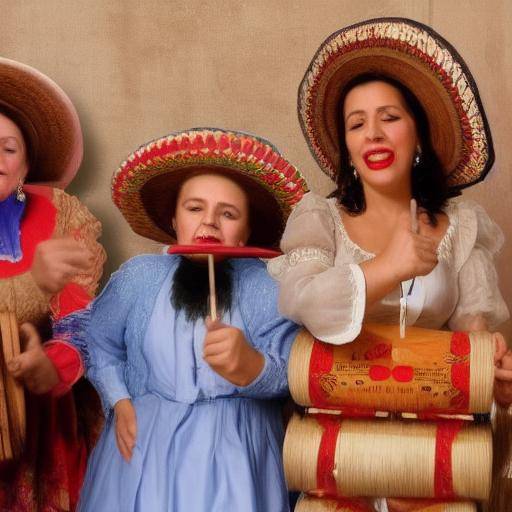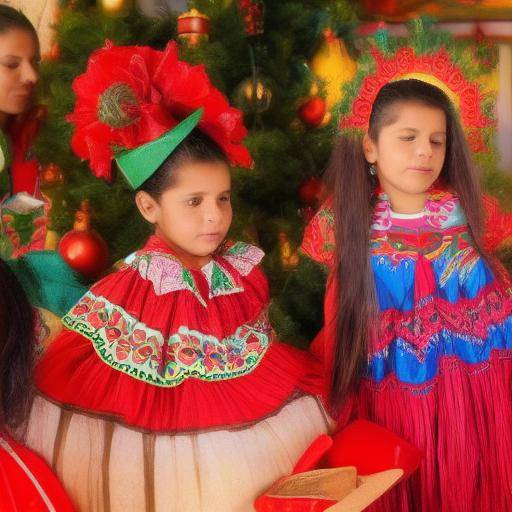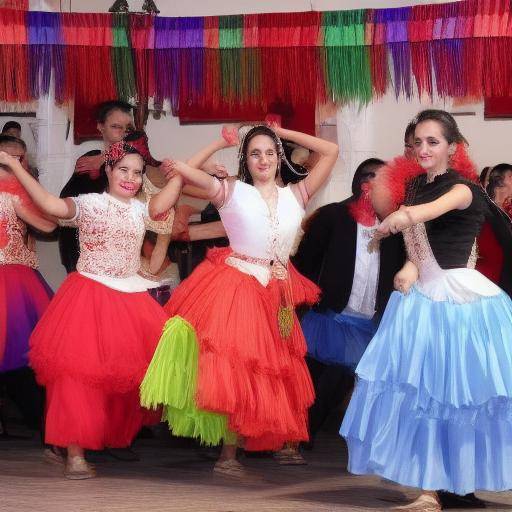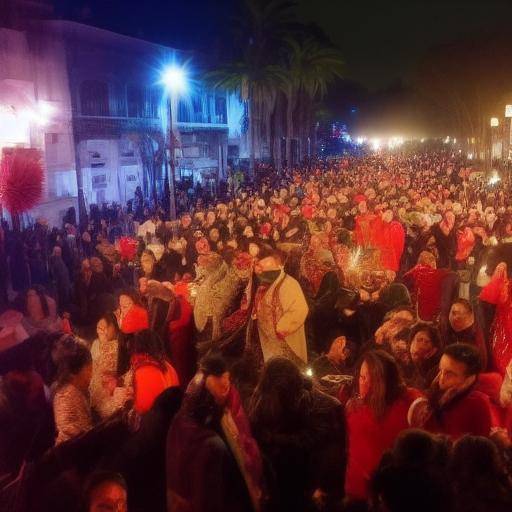
The New Year is a moment of celebration and renewal in many cultures around the world. In Hindu culture, this festival is a very special occasion, full of unique traditions and spiritual significance. In this article, we will explore the traditions of New Year in the Hindu culture, its festivities and the rich heritage that makes them. From historical evolution to contemporary practices, let us immerse ourselves together in the richness of New Year's traditions in Hindu culture.
Introduction
The arrival of the New Year is a moment of reflection, renewal and celebration in Hindu culture, where ancestral traditions are intertwined with spiritual meaning and connection with nature. In this article, we will explore the historical context of New Year's traditions in Hindu culture, its festivities, contemporary practices, and its comparison with other international festivities. Throughout this journey, we will discover the cultural and spiritual depth that defines this celebration for millions of Hindus around the world.
History and Context
The traditions of New Year in Hindu culture have millennial roots that date back to ancient sacred texts and ancestral beliefs. In Hindu cosmology, time is conceived as an eternal cycle of creation, preservation and dissolution, where each cycle is composed of so-called "yugas". The Hindu New Year, known as "Nav Varsh" or "Ugadi", marks the beginning of a new cycle and is celebrated with a variety of rituals that vary according to the region and the community. For centuries, these traditions have evolved from the Vedic heritage, incorporating regional influences and sociocultural changes.
Analysis in Deep
The celebration of the Hindu New Year encompasses multiple festivities, each with its own traditions rooted in mythology and spirituality. From the vibrant "Gudi Padwa" festival in Maharashtra, to the colorful "Vishu" festival in Kerala, these festivities reflect India's cultural diversity and spiritual wealth. In addition, the traditions of New Year in Hindu culture are intrinsically linked to the practice of "pujas" (orations), the preparation of festive delicacies and the welcome of the "new astrological year" according to the Hindu calendar.
Comprehensive review
By thoroughly exploring the traditions of New Year in Hindu culture, there is an appreciation for spirituality and the connection with nature that underlies these holidays. With the arrival of the New Year, Hindus perform both physical and spiritual cleansing and purification rituals, symbolizing an internal and external renewal. In addition, the practices of welcoming the new astrological year reflect the importance of cosmic time in everyday life and the recognition of natural cycles.
Comparative analysis
By comparing the traditions of New Year in Hindu culture with other international festivities, there are similarities in the celebration of rebirth and the recognition of cyclic time. However, specific practices and rituals, as well as symbolism associated with the Hindu New Year, offer a unique perspective that distinguishes this celebration within the framework of global cultural diversity. Reverence towards the connection between human beings and nature resonates at the core of New Year's traditions in Hindu culture, offering an interesting comparison with other festivities.
Practical Tips and Accessible Tips
To celebrate the Hindu New Year in an authentic manner, it is recommended to participate in the local traditions of the respective region. For example, in Maharashtra, the preparation of the "gudi" (a post decorated with flowers and mango leaves) and its installation at home is a key practice. Similarly, the preparation of "pookkalam" (a multicolored floral design) in Kerala during Vishu is a way to participate in local traditions and experience the authenticity of the festival.
Conclusions and FAQs
In conclusion, the traditions of New Year in Hindu culture are a vivid manifestation of the deep spiritual rooting and the connection with nature that defines the celebration of rebirth. As we immerse ourselves in the cultural and historical wealth of these traditions, a renewed sense of appreciation arises for the ancient wisdom and the celebration of life in harmony with the cosmos. For those who seek to explore these New Year traditions, there is an opportunity to participate in the living heritage of Hindu culture and experience the spiritual renewal that brings with it every new cycle.
FAQ
Q: What is the meaning of the Hindu New Year?
The Hindu New Year marks the beginning of a new cycle according to the Hindu calendar. It symbolizes spiritual renewal and connection with nature, as well as offering the opportunity to participate in purification rituals and good fortune.
Q: On what dates is the Hindu New Year celebrated?
The Hindu New Year is celebrated on different dates according to regional traditions. Some of the major New Year festivals in Hindu culture include Ugadi, Gudi Padwa, and Vishu, held in different parts of India.
Q: What are some of the common rituals during the Hindu New Year?
Common rituals during the Hindu New Year include the preparation of festive delicacies, the realization of bids, the decoration of homes with auspicious symbols, and the participation in purification and renewal rituals.
Q: What is the role of astrology in the celebration of the Hindu New Year?
The arrival of the Hindu New Year also marks the beginning of a new astrological year according to the Hindu calendar. Astrology plays a significant role in choosing auspicious moments to start new businesses and activities.
Q: What is the symbolism of the elements such as "gudi" and "pookkalam" during the Hindu New Year?
The "gudi" in Maharashtra and the "pookkalam" in Kerala are symbols of good fortune and prosperity, as well as manifestations of connection with nature. These elements are venerated during the Hindu New Year as physical representations of renewal and auspiciousness.
Q: How can we participate in Hindu New Year traditions if we are not Indian culture?
If you are not Hindu, you can participate in the traditions of Hindu New Year through visits to local communities during the holidays, participating in the preparation of festive delicacies, and learning about the meanings and symbolisms behind traditions.
With this, we hope you have found a deeper understanding of New Year's traditions in Hindu culture, and you feel inspired to explore and celebrate rebirth significantly. May this New Year bring you renewal, joy and prosperity in your life!
Remember that these holidays offer an opportunity to connect with India's rich cultural and spiritual heritage, regardless of your religious affiliation.

